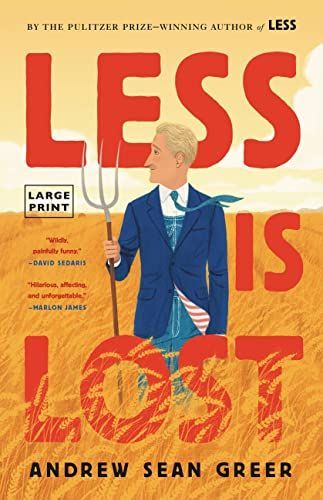
Reviews
Laura Dobie@MovingToyshop
Sarah Erle@serle
Greg K@gknob
Highlights
Laura Dobie@MovingToyshop
Laura Dobie@MovingToyshop
Laura Dobie@MovingToyshop
Laura Dobie@MovingToyshop
Laura Dobie@MovingToyshop
Laura Dobie@MovingToyshop
Laura Dobie@MovingToyshop
Laura Dobie@MovingToyshop
Laura Dobie@MovingToyshop
Laura Dobie@MovingToyshop
Laura Dobie@MovingToyshop
Laura Dobie@MovingToyshop
Laura Dobie@MovingToyshop
Laura Dobie@MovingToyshop
Laura Dobie@MovingToyshop